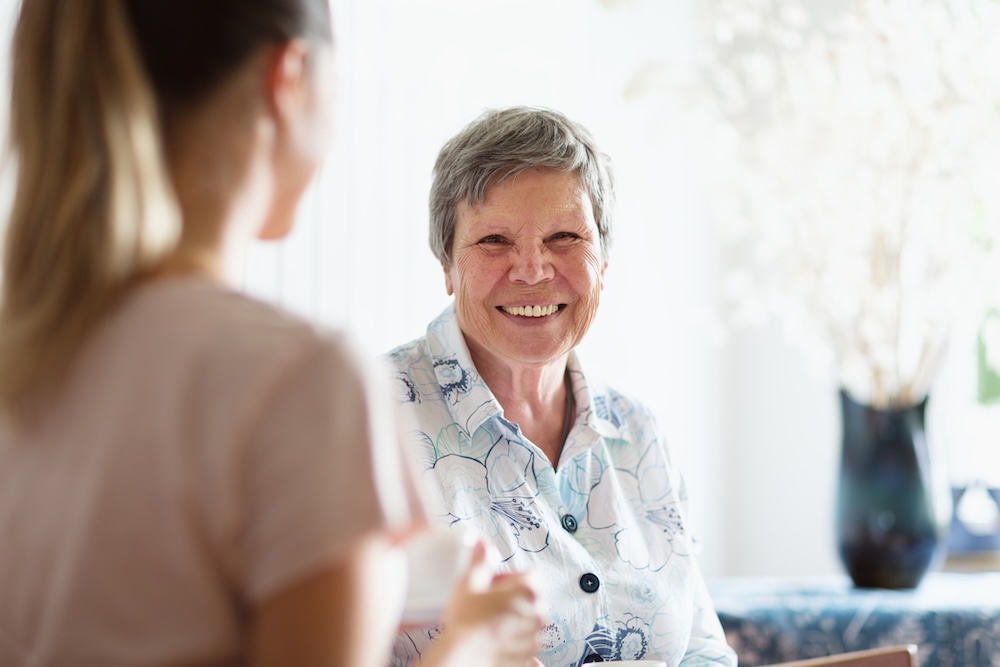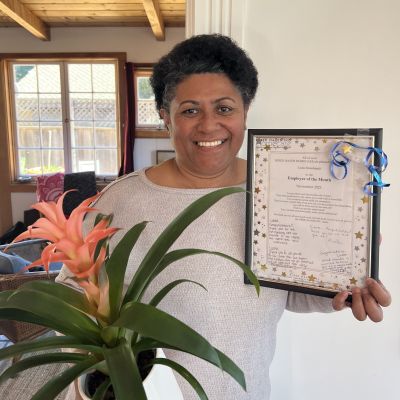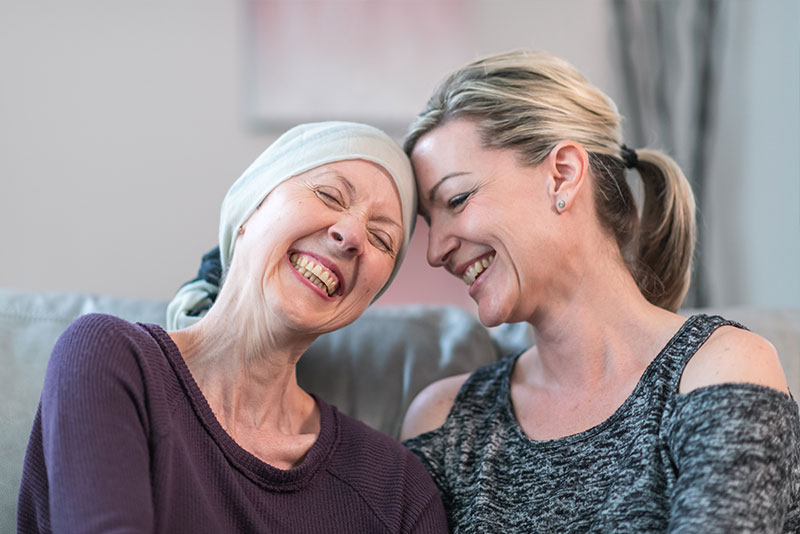Providing Care for Parkinson’s Disease
 A person with Parkinson’s disease may visit the doctor for a half hour 4 times a year. But what about the senior care Napa, CA residents with Parkinson’s need for the other 8,758 hours each year?
A person with Parkinson’s disease may visit the doctor for a half hour 4 times a year. But what about the senior care Napa, CA residents with Parkinson’s need for the other 8,758 hours each year?
Here are some practical day-to-day tips to assist a caregiver in maximizing the independence, safety, and activities of daily living for a loved one with Parkinson’s.
Maintain a Healthy Diet: A well-balanced diet can help to reduce cell loss in a person with Parkinson’s. Consuming antioxidants can also help to fight oxidative stress.
- Sources of antioxidants include blueberries, broccoli, spinach, green tea, dark chocolate, dried fruits and beans, avocado, asparagus, walnuts and almonds, and grape juice or red wine. In addition, make sure any vitamins the doctor has recommended are taken.
Swallowing Difficulties: Persons with Parkinson’s often experience difficulties chewing, moving food from one part of the mouth to another, and then swallowing properly to ensure food doesn’t enter the lungs.
- Be sure to learn the Heimlich Maneuver in case your loved one begins to choke.
Fight Constipation: Parkinson’s and its medications combine to make constipation a problem. Make sure that the care recipient is consuming plenty of liquids.
- Although high-fiber foods are traditionally recommended to prevent constipation, they may cause intestinal gas and cramping that are not tolerated by an older person with Parkinson’s. Instead of raw fruits and vegetables, nutritionists recommend dried fruits, hot prune juice, canned fruits and soft cooked vegetables.
Be Informed and an Informer: Learn all about Parkinson’s disease—its causes, symptoms and treatment—so that you can be better prepared for the changes in the level of care needed as the disease progresses.
- Also keep a diary about your loved one’s condition and share this with his or her doctor. If one approach to treatment doesn’t work well, insist that others be considered.
Fall Prevention: Persons with Parkinson’s have a difficult time working the various muscles in their arms and legs to stop themselves from falling when thrown off-balance. Modify the home environment to make things easier and safer to help prevent a fall.
- Customize seating, toilets, bathtubs, and showers by installing grab bars where appropriate. Remove tables with pointed edges that could injure your loved one if he or she stumbles. Remove obstructions and hazards in the home such as doorsills and throw rugs.
Combat Anxiety and Depression: A significant percentage of persons with Parkinson’s disease battle depression and anxiety.
- Depression and anxiety can affect short-term memory and concentration and increase a person’s motor deficits and physical disabilities. However, depression and anxiety disorders are treatable; thus it is very important to watch for signs of depression or anxiety and have them properly diagnosed.
On Bad Days, Only Do Activities That Are Necessary: Everyday tasks take longer with Parkinson’s. They may take even longer on bad days.
- Allow time for this, and only do activities that are necessary on the bad days. Be a calming influence. Don’t pressure your care recipient to speed up, and respond with tact and humor, not irritability and frustration. If you don’t make these allowances, you create a stressful situation that aggravates the Parkinson’s symptoms and may actually slow your care recipient even further. There’s always tomorrow.
Understand Medications: Be sure your care recipient’s physician tells you about all the expected side effects of medications so you know what to expect.
- For example, some medications may cause hallucinations or nightmares. It doesn’t hurt to ask your pharmacist for more information. If your care recipient sees a number of physicians, make sure all physicians know the complete list of medications your care recipient is taking. This will help prevent unpleasant or dangerous drug interactions.
Encourage Exercise: Accumulating evidence suggests that exercise can be neuroprotective and may even help “rewire” the brain to some extent.
- A well-designed exercise program can also increase the benefits of Parkinson’s medication, fight depression and promote an overall sense of wellbeing. Prevent fatigue by pacing short exercise sessions throughout the day and when medications are working well and movement is easier. Don’t forget to also regularly do the recommended exercises for physical, occupational and/or speech therapy.
Parkinson’s is life altering, not life threatening. This means that although life for a person with Parkinson’s will change, all the same pleasures are still out there to be enjoyed; they just need a little modifying. Hired Hands Homecare can work with families to find activity and care solutions that will work for their loved one with Parkinson’s disease. It will go a long way towards keeping him or her active, independent and interested in life. Contact us to learn more about our home care in Novato, Pleasanton, Santa Rosa, Napa, Sonoma, and the surrounding areas.
Click here to download a printable PDF version of this page.






